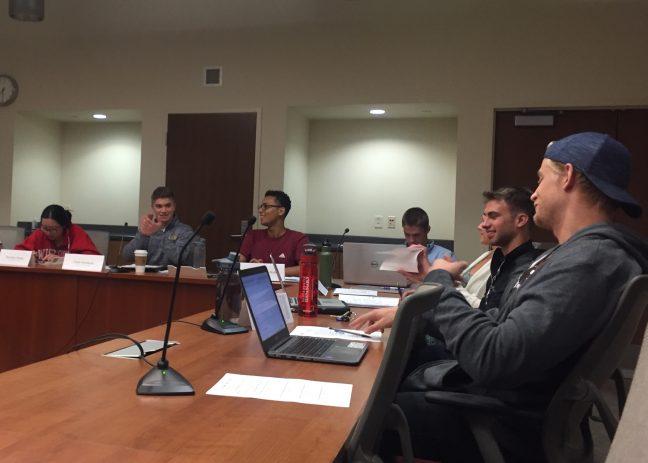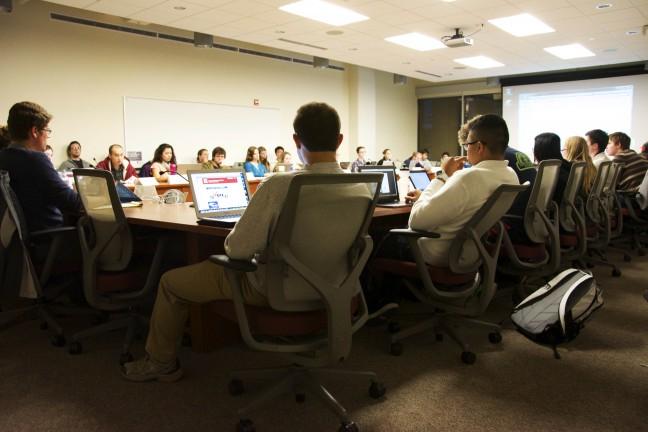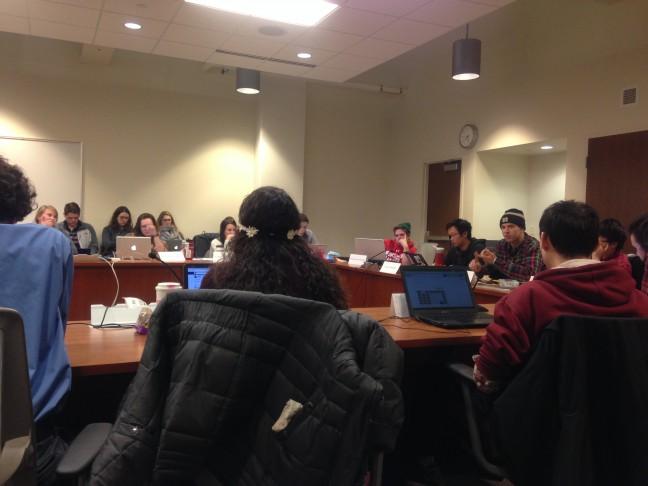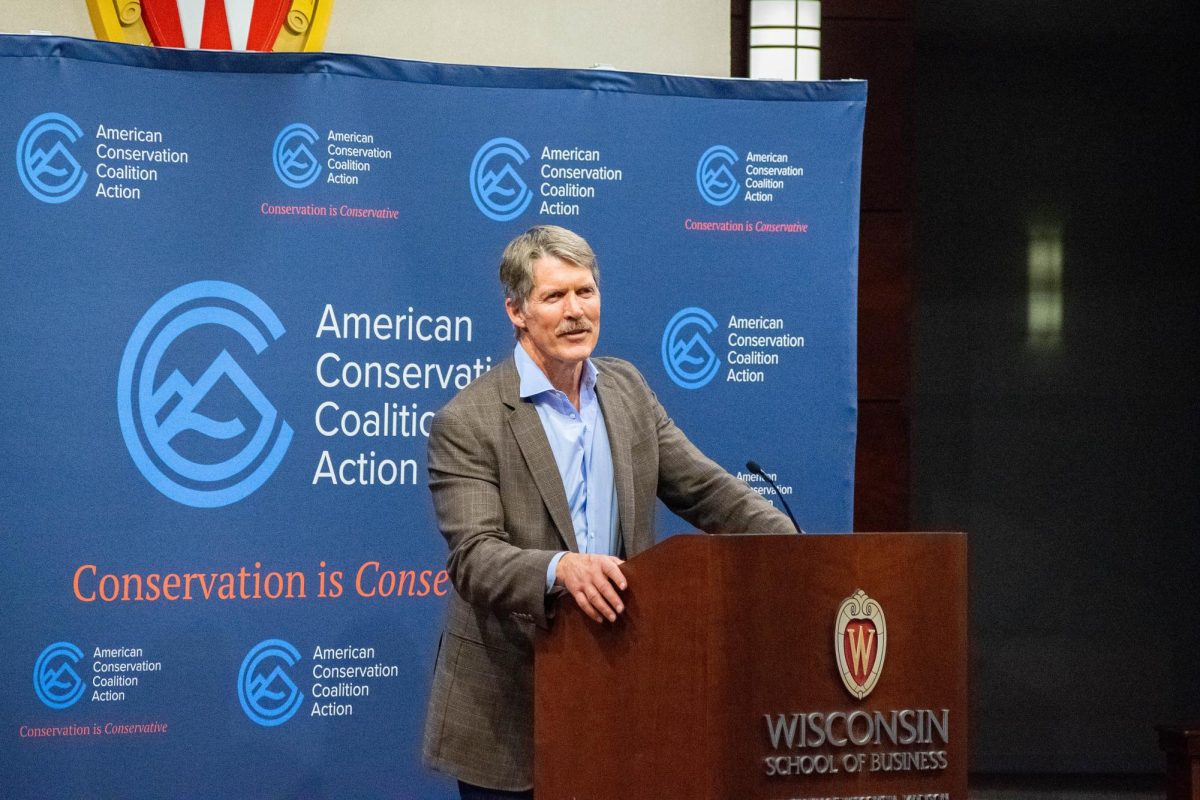After the Associated Students of Madison unsuccessfully tried to lobby the chancellor for more budgeting transparency, they are now battling to get control over how all student money is spent.
This comes on the heels of the Associated Students of Madison’s Union Memo, issued in response to the Wisconsin Union’s refusal to provide more specific information regarding exactly how student segregated fees were being spent.
The Student Services Finance Committee reviewed and approved $35,825,266 for non-allocable institutions such as the Wisconsin Union, University Health Services and Recreational Sports, among others, in fiscal year 2014.
Non-allocable funds refer to budgets that are part of departments on campus that support non-academic student activities. These budgets are prepared by the departments and presented to SSFC for review and recommendations.
Currently, non-allocable funding can only be reviewed and recommended by SSFC. The budgets are then sent to the chancellor, who makes final funding decisions.
Former SSFC Chair David Vines said the committee originally froze the Wisconsin Union’s budget increase for fiscal year 2015 because it was unclear where students’ segregated fees were being spent.
“There are things that student fees legally can be used for and things that student funding can’t be used for,” Vines said. “It has to be clear that seg fees are being spent on things that student seg fees are meant to be spent on.”
ASM representatives believe students should have full control over all segregated fees, including the non-allocables, under Wisconsin state statutes. University of Wisconsin System Policy F50 states the chancellor has final say over non-allocable funds.
The statute gives ASM the right to segregated fee autonomy, former ASM Chair David Gardner said. ASM does not recognize the chancellor’s jurisdiction over segregated fees, he said.
“We interpret that ‘in consultation’ to the Chancellor’s Office does not equal ‘subordinate to’ the Chancellor’s Office,” Gardner said. “We interpret [the statute] as conflicting with University of Wisconsin System policy F50.”
Although SSFC denied the Wisconsin Union’s requested $10.3 million budget, an increase from their previous $10.1 million dollar budget, Chancellor Rebecca Blank overruled SSFC’s decision and granted the full budget.
The ultimate goal would be to have students have primary authority over all distribution of student segregated fees, Vines said.
“We understand that not all students want to pour through budget dockets … but at the end of the day we have the students’ best interest in mind,” he said.
















